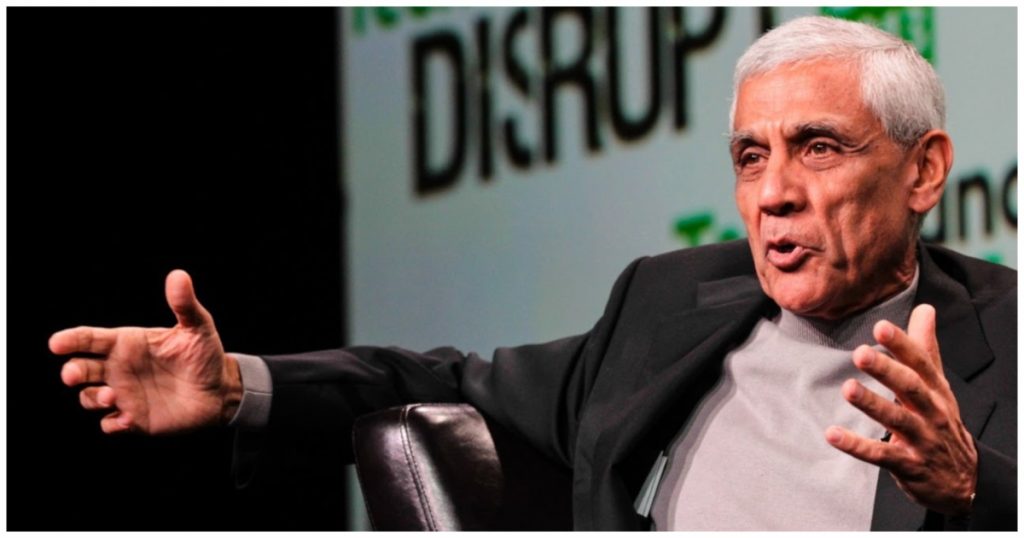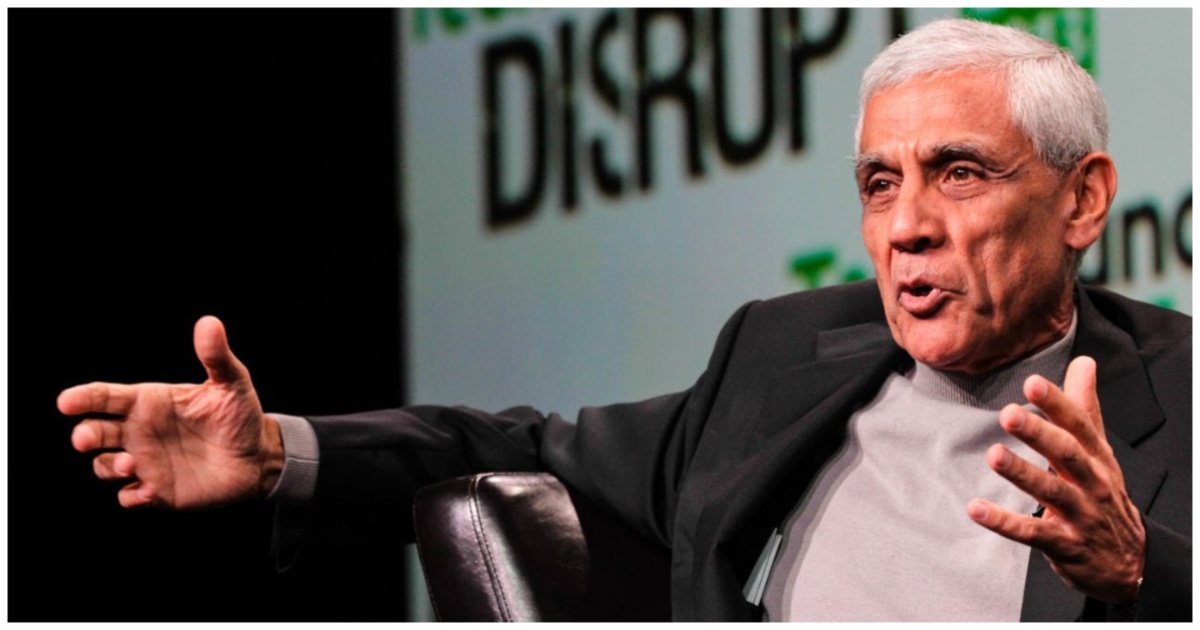These are times of great tumult in the tech space. The world has been wowed by the promise of AI, while there have also been fears about its potential misuse. There have been extreme opinions in both camps, with people who are optimistic about AI feeling it’ll create a utopian world for all, while those less enthusiastic about it predicting doomsday scenarios.
Amidst all this, billionaire entrepreneur and investor Vinod Khosla has waded into the AI debate. Vinod Khosla is someone who should know what he’s talking about — he has closely been involved in tech space for more than four decades, first founding of Sun Microsystems, and investing in companies including OpenAI, Doordash and Instacart. Khosla has shared 12 predictions of what the world of the future will look like. Khosla’s predictions paint a fairly positive view of the world, expounding on how AI and newer technologies could change the human condition for the better. Khosla, however, has also left a note of caution, saying that the there are 9 factors which could cause the future to play out slower than expected. Here are Vinod Khosla’s 12 predictions for the future.

Vinod Khosla’s 12 predictions for the future
1.Expertise will be near free
We will be capable of having near free AI doctors for every person and AI tutors for every child, 24*7.
2. Labour will be near free
Will will have a billion bipedal (and other) robots freeing humans from the servitude of undesirable jobs.
3. Computer use will grow expansively
There will be a billion+ programmers all “programming” in human language, dramatically increasing the scope of computers. Computers will adapt to humans, not humans to computers.
4. AI will play a big role in entertainment and design
Music and entertainment will be plentiful and personalized for you and your mood. Diversity of content and creativity will increase. The celebrity-fan relationship won’t change.
5. Internet access will be mostly by agents
Most consumer access of the internet will be agents acting for consumers doing tasks and fending off marketers and bots. Tens of billions of agents on the internet will be normal.
6. From the practice to the science of medicine
We will be capable of providing precision care based on patients’ -omics, as well as AI models each individual, enabling simulation of each body for therapeutics, dosages, etc.
7. We will have new foods and fertilizers
We will have much better alternative protein production to replace traditional animal protein, and “green” fertilizer. And taste will far exceed those of traditional cows!
8. Cars could be displaced in cities
We could replace majority of cars in cities with personal autonomous transit as on-demand, affordable, public transit, increasing street througput dramatically.
9. Flying will be faster
We will have Mach 5 planes that get us from NYC to London in 90 minutes on sustainable aviation fuel, making the world closer!
10. There will be clean, dispatchable electric power
By 2050, fusion boilers will retrofit and replace coal and natural gas boilers reducing the need to build whole new fusion plants. Superhot geothermal (> 400 degrees Celcius) is also a real alternative.
11. Resources will be plentiful
We will discover more natural resources than we consume and prove resource doomers wrong on lithium, cobalt and copper.
12. Carbon will have solutions..if we have time
Carbon emissions could be a smaller issue because entrepreneurs will develop and scale better technologies for cement, steel, agriculture, transportation, power production, DAC etc
But Vinod Khosla says not everything will necessarily go as planned. He also listed out somethings that might slow down these predictions.
Vinod Khosla’s factors which could slow down progress
1.Incumment resistance
2. Politicians capitalizing on fear for personal/political gain
3. Tech failures or decays
4. Financial market conditions may kill a good idea
5. Anti-tech sentiment
6. Luddites hijacking the would-be advocate
7. A few bad AI-related outcomes that get sensationalized
8. Left field events
9. Instigators/entrepreneurs may not allow it to happen
